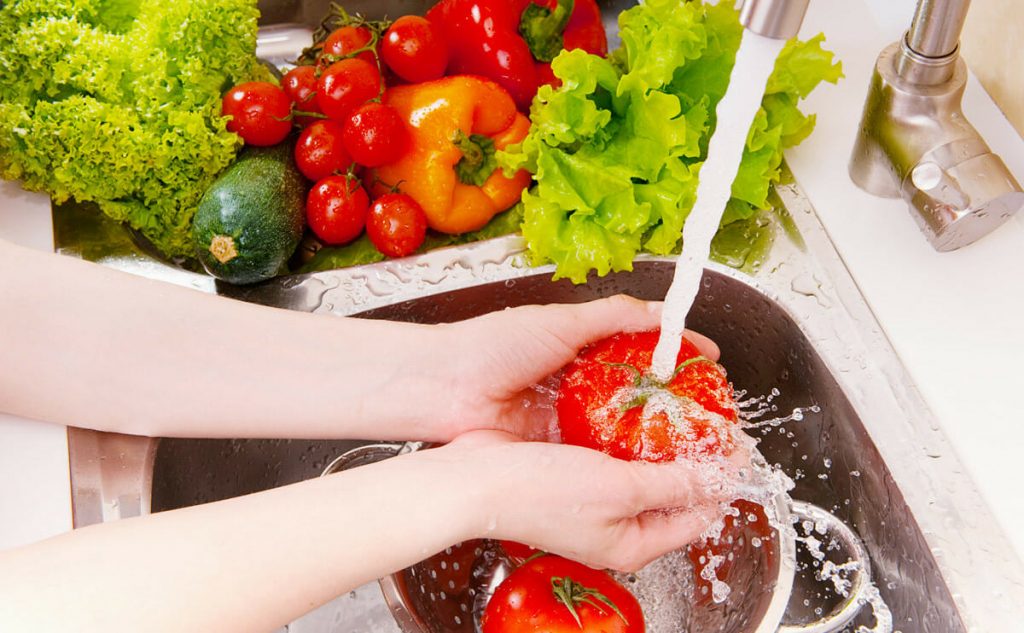How To Keep Your Veggies Fresh


Vegetables are an important part of our diet. That being said, vegetables should be stored properly to keep them fresh and safe to eat. Some vegetables and fruit must be kept refrigerated, while others must be allowed to ripen before being kept refrigerated, and still, others should be kept at room temperature or in a cool, dry environment. An alternative way of keeping your vegetables fresh is to use sterilization sticks by Dr. Clo Malaysia! Just stick one of them in your refrigerator and your food will say fresher for longer. If you don’t have access to those, then here are some tips:
Rinsed, wrapped in a paper towel or tea towel, and chilled in a container or sealed plastic bag is the best way to keep leafy greens fresher. Lettuce greens, bok choy, Swiss chard, kale, and spinach can all be used in this way. It’s easier to eat leafy greens if you wash and store them as soon as you get them home. Even if you buy prewashed greens, you should rinse them well when you arrive home.

Squash and veggies similar to it should be kept in a cool, dark, and dry location outside of the refrigerator, such as a pantry or root cellar. Garlic, onions, potatoes, sweet potatoes, yams, pumpkins, and rutabaga can all be stored in this manner.
Bonus note: Store tomatoes at room temperature away from direct sunlight for the greatest flavour. This will aid with even ripening. They can be stored in the refrigerator after they are fully ripe.
If you’re liking this article so far, you might like our article on business studies.
They may still be edible after the specified times if they are not mouldy or rotten. This only applies to vegetables in their prime condition. Carrots, potatoes, broccoli, cabbage, and celery, for example, should be stored in a plastic bag or container in the crisper of your refrigerator. Mushrooms should be kept in a paper bag. Vegetables should be kept separate from fruit in the refrigerator. This will stop them from ripening too quickly. That goes for everything else too. When you store fruits and veggies in the refrigerator, you should always keep everything separately.
Freezing vegetables is a quick and easy technique to preserve nutrients and enjoy the taste of summer veggies all year. Before they can be frozen, most veggies must be blanched. This means you should boil the entire or chopped up pieces of vegetable for 1-2 minutes before plunging them into ice-cold water to stop the cooking. This will prevent freezer burn on your vegetables. Frozen vegetables can last up to a year in the freezer. Artichokes, Belgian endive, eggplant, lettuce greens, potatoes, radishes, sprouts, and sweet potatoes are veggies that should not be frozen.